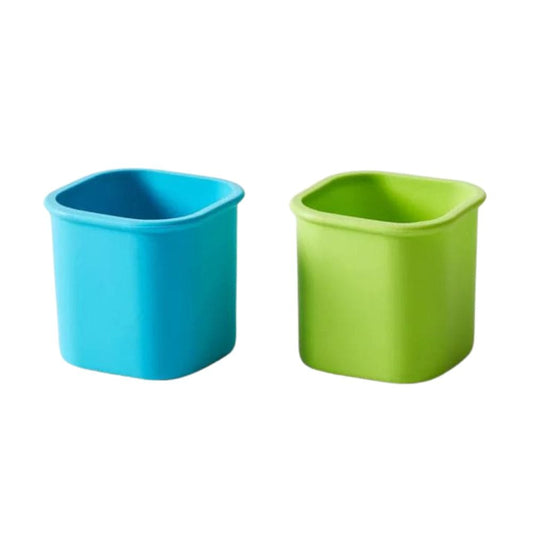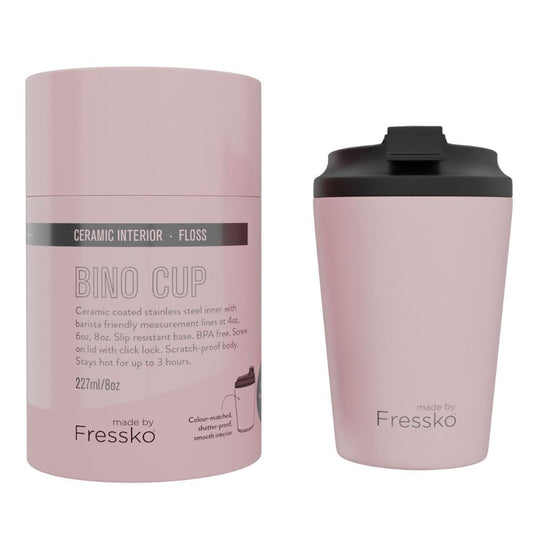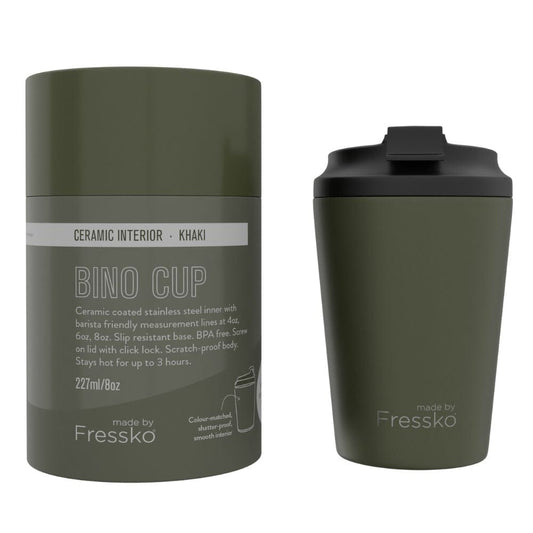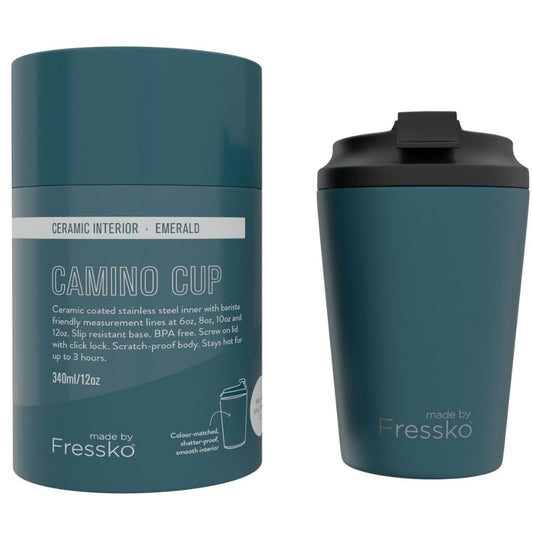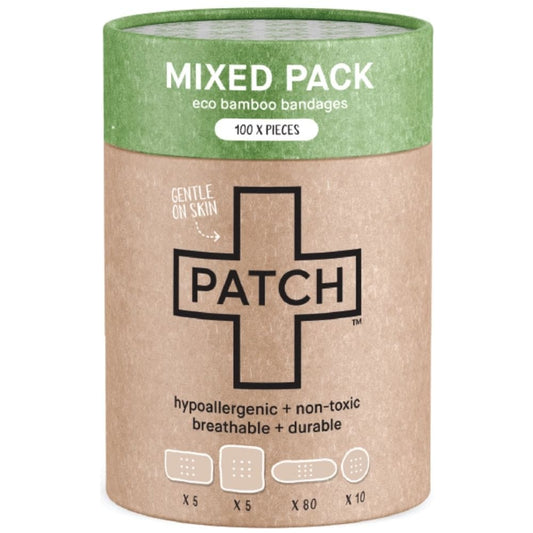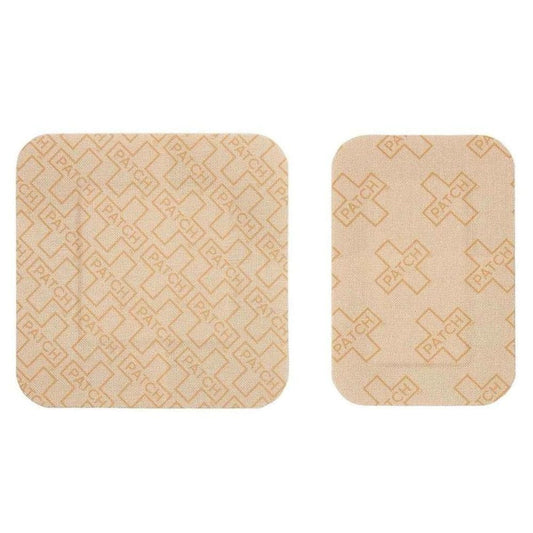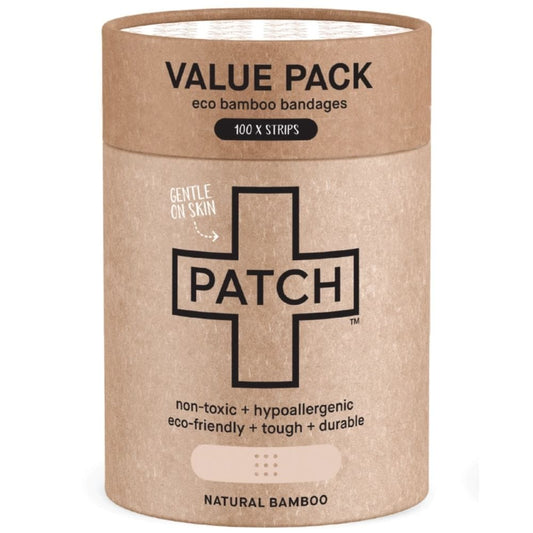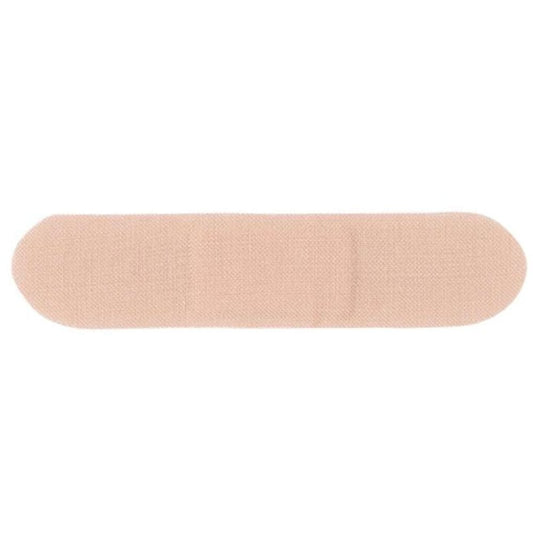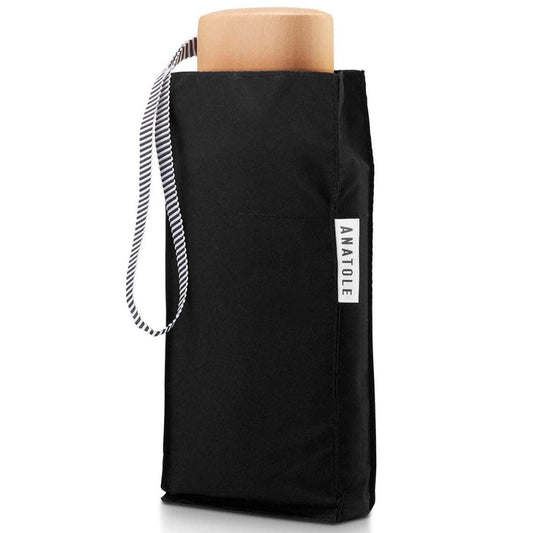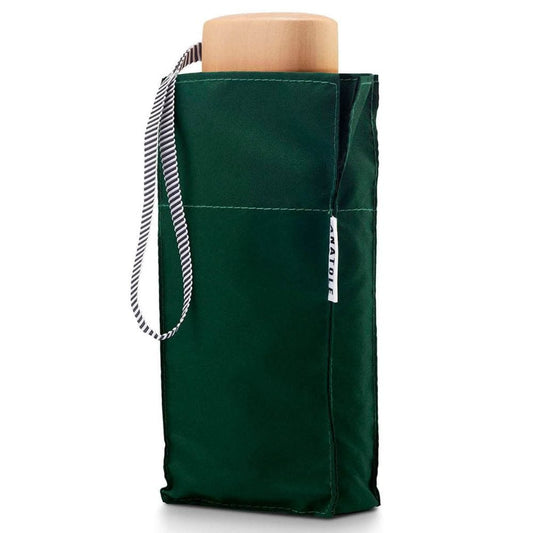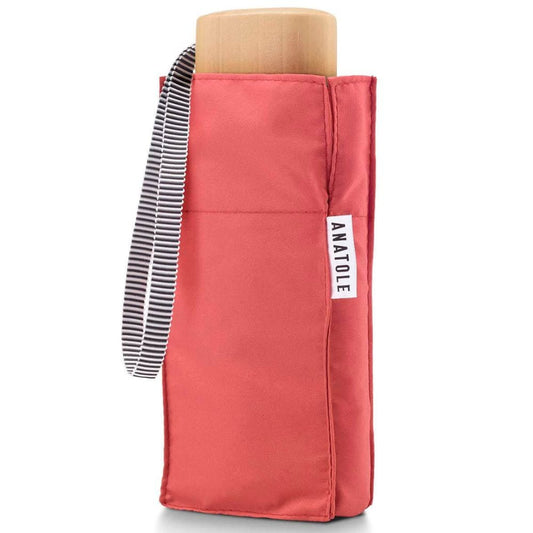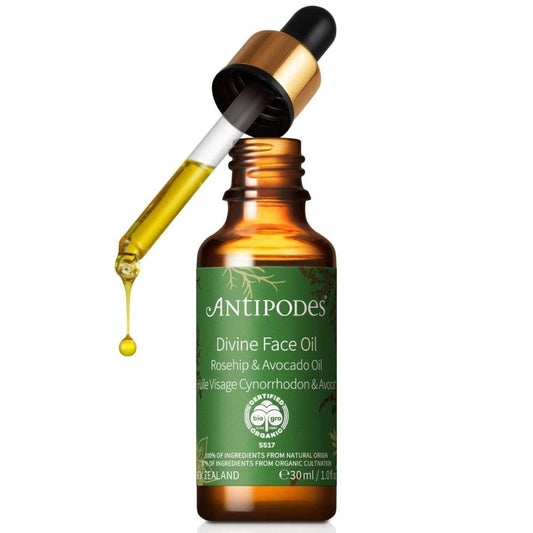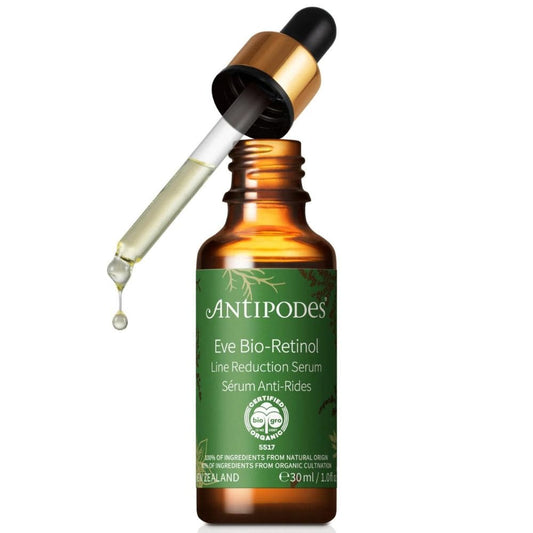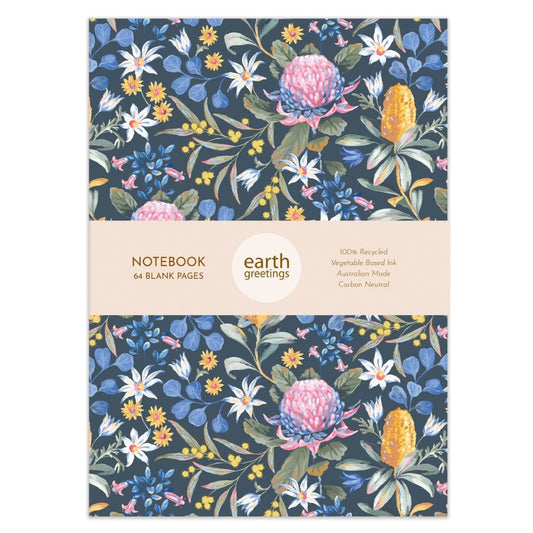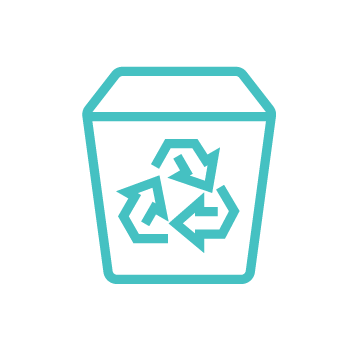Our in-a-nutshell posts aim to explain green issues in simple terms to assist your eco decision making. In this post, we demystify what it means to be certified organic and why other "organic" claims can not be trusted.
 What is organic certification?
What is organic certification? Organic certification is when an organic certifying group audits a business' methods to ensure that they comply with national or international standards for organic farming and processing. Generally, a product must contain a minimum certified organic content to carry an organically certified claim (most commonly between 70-95% or more, but some certifiers allow as little as 10%). The remaining contents are usually not without scrutiny, but this allows for conventional inputs not necessarily considered 'organic' but still within certain guidelines. This can be ingredients on approved lists and natural ingredients, including clay or minerals (as a side note: this is why our mineral makeup powders do not carry an organic certification because they are high in natural clays or minerals that are not considered organically grown).
How can you tell a product is making legitimate organic claims? All organic standards in Australia are voluntary (without government regulation). An "organic" claim needs to comply with Australian Consumer Law, meaning the producer can not mislead consumers, but the definition of "organic" is not set in law so this is ripe for confusion. As a customer, the only way to ensure you are getting a product that contains truly organic ingredients, is to buy one that has been certified by a trusted, stringent certifier.
How can you tell a product contains certified organic ingredients? Look for a certified organic logo from a certifier you trust (not just an organic claim). Often, you can independently verify an organic certification directly through the certifying body's website. In Australia there are seven certifying bodies approved by the Australian Quarantine & Inspection Service (which ensures organic produce for export is certified in accordance with the National Standard for Organic and Bio-Dynamic Produce). Australian Certified Organic (ACO, www.australianorganic.com.au), National Association of Sustainable Agriculture Australia (NASAA, www.nasaa.com.au) and Organic Food Chain (OFC, www.organicfoodchain.com.au) are certifiers who follow a specific organic cosmetics standard separate from organic food standards. As we primarily stock certified organic cosmetics, we've just mentioned these certifiers in this post, but you can find the remaining Australian certifiers here. In addition, there are many international organic certifier's logos you may come across.
How can you judge the credibility of an organic certification? The standards of conventional allowed inputs and allowed extraction methods vary between certifying bodies. For example, synthetic vitamins like pro-vitamin B5, as well as ingredients that contain or were extracted by toxic solvents, are prohibited by NASAA and ACO certification. However, other certifiers may allow these. In general Australian certifiers ACO, NASAA and OFC have high standards for organic ingredients and are widely trusted:
| Organic certifier |
‘Certified organic' |
‘Made with organic ingredients' |
| ACO |
Must contain minimum 95% organic ingredients. Remaining ingredients must be naturally derived and/or non toxic. Does not allow synthetics. 'Australian Certified Organic' bud logo can be featured on the front of product. Some of the products at Biome featuring this certification: Pure & Green Organics range, Mt Retour essential oils, Riddels Creek Certified Organic Toothpaste
|
Must contain minimum 70% organic ingredients. Logo must be featured on back of product. |
| NASAA |
Must contain minimum 95% organic ingredients. Remaining ingredients must be of agricultural origin. Logo can be featured on product. Some of the products at Biome featuring this certification: Mokosh range |
Must contain minimum of 70% organic ingredients. Logo cannot be used. |
| OFC |
Must contain minimum 95% organic ingredients. Logo can be featured on the front of product. Some of the products at Biome featuring this certification: Most Inika products, Sanctum products |
Must contain minimum of 70% organic ingredients. |
We'd love to know what your favourite Biome certified organic product is and why. Feel free to share in the comments below. Source: ACCC, DAFF, Pure & Green Organics. Image: © Alexlanda |
Stock Free Images &
Dreamstime Stock Photos.
 What is organic certification? Organic certification is when an organic certifying group audits a business' methods to ensure that they comply with national or international standards for organic farming and processing. Generally, a product must contain a minimum certified organic content to carry an organically certified claim (most commonly between 70-95% or more, but some certifiers allow as little as 10%). The remaining contents are usually not without scrutiny, but this allows for conventional inputs not necessarily considered 'organic' but still within certain guidelines. This can be ingredients on approved lists and natural ingredients, including clay or minerals (as a side note: this is why our mineral makeup powders do not carry an organic certification because they are high in natural clays or minerals that are not considered organically grown). How can you tell a product is making legitimate organic claims? All organic standards in Australia are voluntary (without government regulation). An "organic" claim needs to comply with Australian Consumer Law, meaning the producer can not mislead consumers, but the definition of "organic" is not set in law so this is ripe for confusion. As a customer, the only way to ensure you are getting a product that contains truly organic ingredients, is to buy one that has been certified by a trusted, stringent certifier. How can you tell a product contains certified organic ingredients? Look for a certified organic logo from a certifier you trust (not just an organic claim). Often, you can independently verify an organic certification directly through the certifying body's website. In Australia there are seven certifying bodies approved by the Australian Quarantine & Inspection Service (which ensures organic produce for export is certified in accordance with the National Standard for Organic and Bio-Dynamic Produce). Australian Certified Organic (ACO, www.australianorganic.com.au), National Association of Sustainable Agriculture Australia (NASAA, www.nasaa.com.au) and Organic Food Chain (OFC, www.organicfoodchain.com.au) are certifiers who follow a specific organic cosmetics standard separate from organic food standards. As we primarily stock certified organic cosmetics, we've just mentioned these certifiers in this post, but you can find the remaining Australian certifiers here. In addition, there are many international organic certifier's logos you may come across. How can you judge the credibility of an organic certification? The standards of conventional allowed inputs and allowed extraction methods vary between certifying bodies. For example, synthetic vitamins like pro-vitamin B5, as well as ingredients that contain or were extracted by toxic solvents, are prohibited by NASAA and ACO certification. However, other certifiers may allow these. In general Australian certifiers ACO, NASAA and OFC have high standards for organic ingredients and are widely trusted:
What is organic certification? Organic certification is when an organic certifying group audits a business' methods to ensure that they comply with national or international standards for organic farming and processing. Generally, a product must contain a minimum certified organic content to carry an organically certified claim (most commonly between 70-95% or more, but some certifiers allow as little as 10%). The remaining contents are usually not without scrutiny, but this allows for conventional inputs not necessarily considered 'organic' but still within certain guidelines. This can be ingredients on approved lists and natural ingredients, including clay or minerals (as a side note: this is why our mineral makeup powders do not carry an organic certification because they are high in natural clays or minerals that are not considered organically grown). How can you tell a product is making legitimate organic claims? All organic standards in Australia are voluntary (without government regulation). An "organic" claim needs to comply with Australian Consumer Law, meaning the producer can not mislead consumers, but the definition of "organic" is not set in law so this is ripe for confusion. As a customer, the only way to ensure you are getting a product that contains truly organic ingredients, is to buy one that has been certified by a trusted, stringent certifier. How can you tell a product contains certified organic ingredients? Look for a certified organic logo from a certifier you trust (not just an organic claim). Often, you can independently verify an organic certification directly through the certifying body's website. In Australia there are seven certifying bodies approved by the Australian Quarantine & Inspection Service (which ensures organic produce for export is certified in accordance with the National Standard for Organic and Bio-Dynamic Produce). Australian Certified Organic (ACO, www.australianorganic.com.au), National Association of Sustainable Agriculture Australia (NASAA, www.nasaa.com.au) and Organic Food Chain (OFC, www.organicfoodchain.com.au) are certifiers who follow a specific organic cosmetics standard separate from organic food standards. As we primarily stock certified organic cosmetics, we've just mentioned these certifiers in this post, but you can find the remaining Australian certifiers here. In addition, there are many international organic certifier's logos you may come across. How can you judge the credibility of an organic certification? The standards of conventional allowed inputs and allowed extraction methods vary between certifying bodies. For example, synthetic vitamins like pro-vitamin B5, as well as ingredients that contain or were extracted by toxic solvents, are prohibited by NASAA and ACO certification. However, other certifiers may allow these. In general Australian certifiers ACO, NASAA and OFC have high standards for organic ingredients and are widely trusted:


